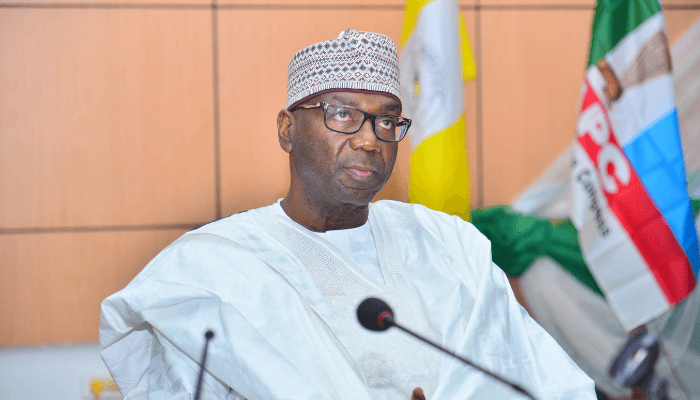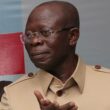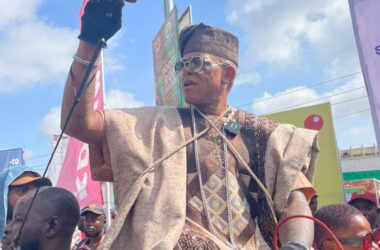Kwara State has begun a formal investigation into a foreign currency scam that targeted its pilgrims in Saudi Arabia, even as Governor AbdulRahman AbdulRazaq steps in to compensate those who lost money.
The state Muslim Pilgrims Welfare Board confirmed the incident in a statement issued on Sunday. The Executive Secretary of the board, Alhaji Abdulsalam Abdulkadir, noted that the scam affected several pilgrims who were defrauded of their Basic Travel Allowance (BTA) shortly after their arrival in Medina.
According to the board, each pilgrim had earlier received $500 in five $100 bills before their journey, in a transparent process monitored by officials from the Directorate of State Security (DSS). The currency was counted and verified in the presence of both pilgrims and government officials. Every pilgrim signed a form to confirm receipt of the amount.
However, trouble began once the group reached Saudi Arabia. In videos circulating online, some pilgrims said they later found themselves in possession of five $1 bills instead of the $100 notes they were initially given. The board’s preliminary findings suggest that the switch likely happened in Medina, where many elderly pilgrims—unfamiliar with foreign currencies—sought help from strangers to convert dollars into Saudi Riyals.
“These unscrupulous individuals apparently took advantage of their vulnerability by swapping $100 bills with $1 bills under the guise of assisting them with currency exchange,” the board explained.
In response, Governor AbdulRazaq has approved a fresh disbursement of $500 to each affected pilgrim to cover the losses. The board thanked the governor for what it called a “swift and compassionate” reaction.
The statement also noted that the governor had earlier visited pilgrims in Mecca, where he provided additional financial support to help with local expenses during their religious trip.
Following this event, the board has voiced its backing for the Central Bank of Nigeria’s proposal to move away from physical cash and instead use preloaded debit cards for BTA payments. It noted that this method would improve transparency and security, especially for elderly travelers.









